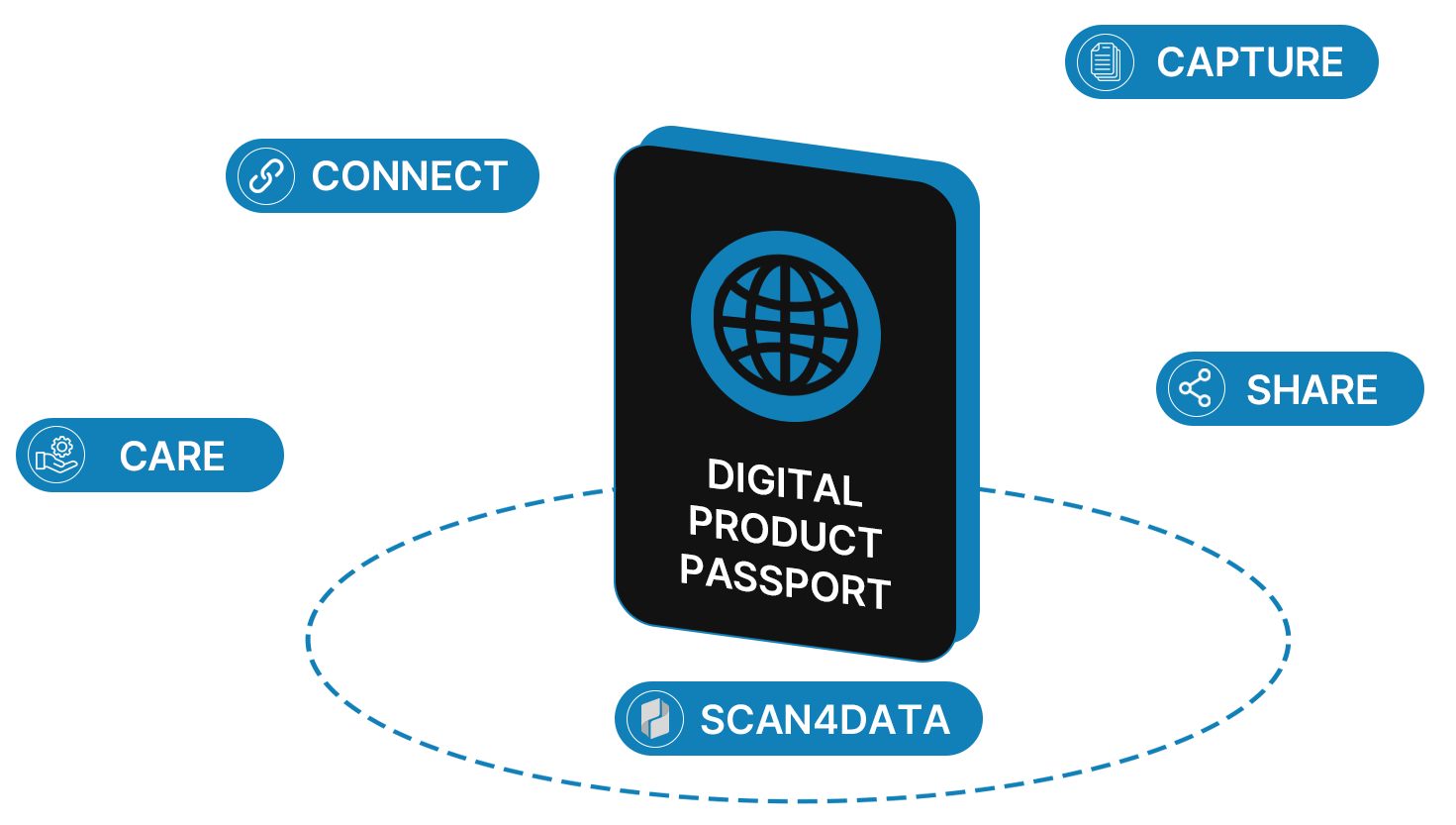11 Dec 2019
European Green Deal
European Green Deal adopted, with vision to make the EU carbon-neutral by 2050
11 Mar 2020
EU Circular Economy Action Plan
EU Circular Economy Action Plan adopted
30 Mar 2022
ESPR Proposal Published
Proposal for the new Ecodesign for Sustainable Products Regulation (ESPR), published, including outlines for new Digital Product Passport information requirements
05 Dec 2023
ESPR Agreement Reached
Provisional agreement between European Parliament and European Council on the ESPR and Digital Product Passport legislation
2023 - 2027
Industry-specific DPP regulations in Process
Digital Product Passport regulations in process via “delegated acts” to determine DPP requirements for specific product categories, including for:
Batteries & vehicles
Textiles & Fashion
Plastics
Furniture
Construction and buildings
Chemicals
18 Feb 2027
Batteries DPP Required
EU Battery Regulation requires Digital Product Passport for specific subcategories of batteries
























